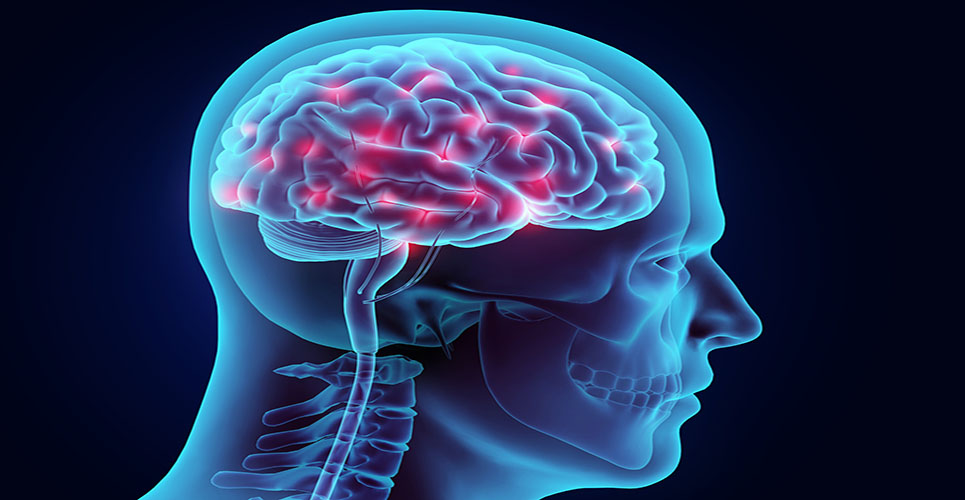teaser
Scientists have found one of the key proteins involved in the formation of memories which could help create drugs to treat Alzheimer’s disease.
A study at the University of Leicester found that for any memory to be laid down a protein called the M3-muscarinci receptor had to be activated.
The findings have been published online ahead of print in the Proceedings of the National Academy of Sciences (PNAS).
The research was funded by the Wellcome Trust, a global charity dedicated to achieving extraordinary improvements in human and animal health.

Prof Andrew Tobin, who led the study and is a Wellcome Trust Senior Research Fellow, said: “We were delighted not only with the scientific importance of our finding but also by the prospect that our work could have an impact on the design of drugs for the treatment of Alzheimer’s disease.
“Our study identifies one of the key processes involved in memory and learning and we state in the paper that drugs designed to target the protein identified in our study would be of benefit in treating Alzheimer’s disease.”
Copyright Press Association 2010
